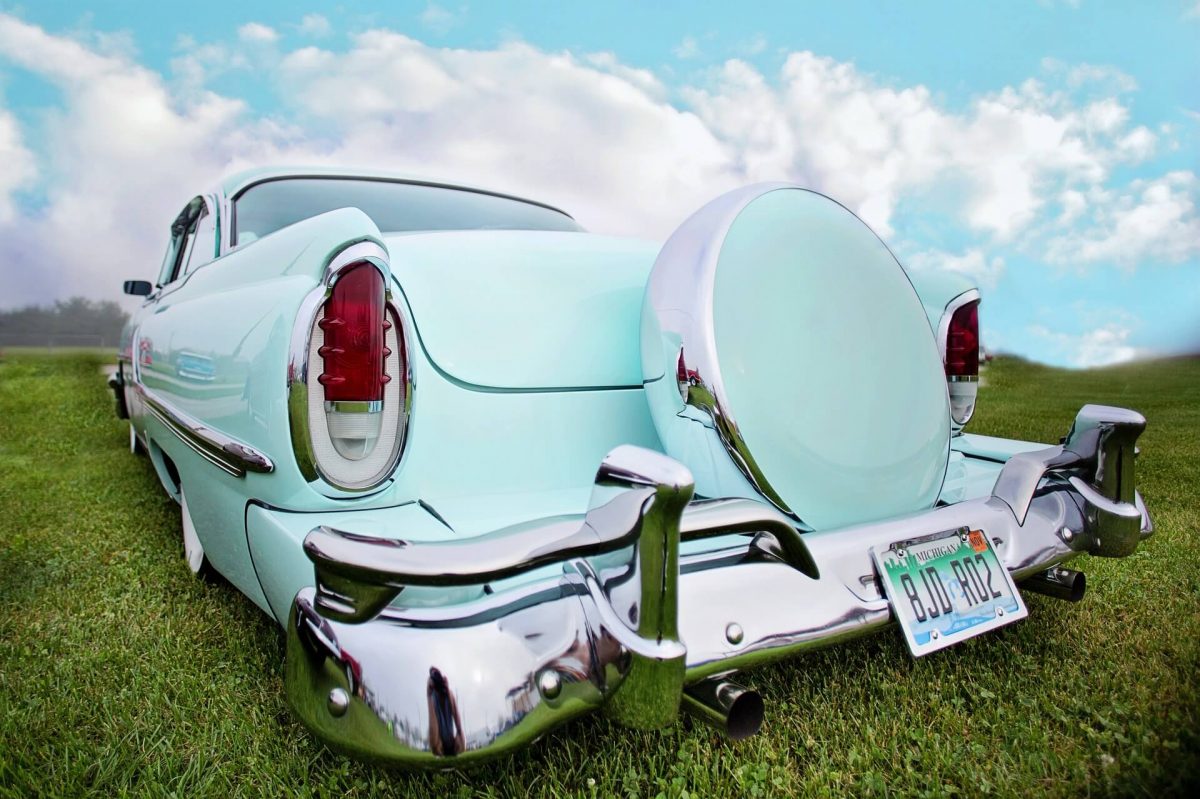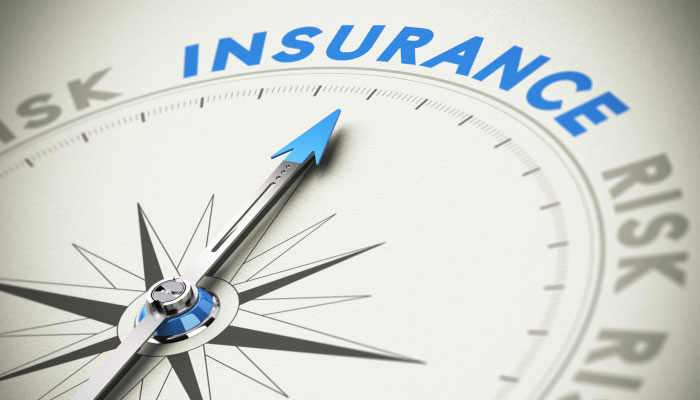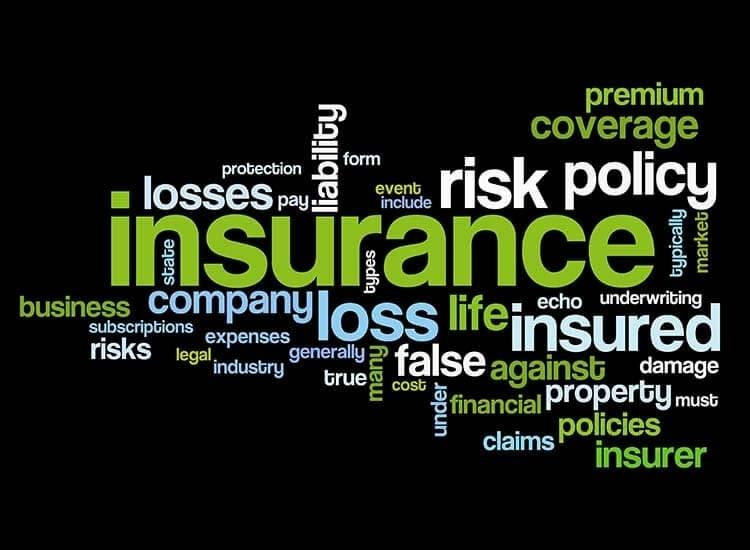The Debate Over Classic Car Insurance
It is essential for classic car owners to examine the fine print of the cover value of any of policies before purchasing any of them, if they have got any doubts. Generally, the less a car was driven, the greater the value. Finding out the value of a traditional car is extremely important, but it’s not always a straightforward approach.
As a rule of thumb, it’s always wisest to speak personally with an insurance policy provider when shopping around for coverage. Unfortunately, insurance businesses do not all use the exact qualification so you always need to check their terms before signing up. Your insurance policy should cover any replacement parts that may be necessary in the case of a collision.
Driver’s Background If you’re trying to find a specialized auto insurance coverage for your vintage vehicle, you ought to be well conscious of the simple fact that aside from the time of the vehicle, there’s likewise an age limit when it regards the driver. The driver ought to be more than nineteen years old.
A car can be quite prized and sell for a very high price at auction or within a private sale. If your vehicle is of extreme value, however, you are going to want to insure it for sufficient to replace it in the event it’s wrecked or stolen. So you prefer to enter your reconditioned car into an auto show.
Want to Know More About Classic Car Insurance?
Fixing an alarm system or a tracker on a timeless car can not just protect the vehicle against any probability of theft but in addition it helps significantly decrease the price of the cover. Understand clearly why you would like the traditional vehicle. Many businesses need you to lock your vehicle in a garage or trailer when not being used.
Whatever paths you decide to follow when it has to do with your antique automobile insurance, just make certain you don’t settle. Where you live is a significant component to think about when picking an auto battery. Another large thing that may drive the price of your traditional vehicle insurance policy policy downwards would be the security of your vehicle.
Try to remember that so long as you are accepted for both of them, the decision is yours as to which one that you should receive. Let’s say you have a 1950’s car that you intend to drive around at least a small bit throughout the calendar year, but you don’t know whether you should insure it or not. The very first option, is that you will discover an overall alternative.
Annually, collectors gather at shows around the world in order to look at various collection cars together in one spot. One of the greatest methods to acquire terrific bargains on automobile insurance is to speak to someone in individual or at least on the telephone. Some wants to undertake a nationwide protection, while travelers like to include things like a purpose of lockout aid and misplaced secrets so in which they just need to earn a call for assistance and don’t have to shop around whilst in the town they might not be knowledgeable about.
Classic Car Insurance – Is it a Scam?
Hagerty is content with the service they offer and still feel that they are rather different as compared with other vehicle insurance businesses. In the majority of instances, you may have a specialty insurance agent assess your vehicle and determine an agreed value on your vehicle. When an automobile shipping business is offering you competitive quotes, you also need to check for the extra benefits.
Insurance companies often will provide you with a discount as soon as you tie the knot, as a result of your better driving. Possessing the proper insurance safeguards your traditional automobile investment. It is suggested to watch out for quotes from various insurance businesses to obtain Car Insurance Newton MA.
Additional you’ll locate large auto insurance companies which offer specialized insurance including antique and traditional Car insurance, but you’ll have to do an adequate little bit of searching to locate them. In case of an accident in your traditional car, having only plain vehicle insurance will make you shed money. When it has to do with your classic auto, a normal car policy just does not suffice.




